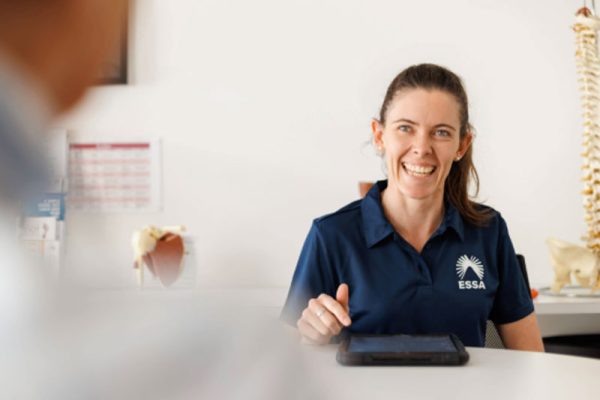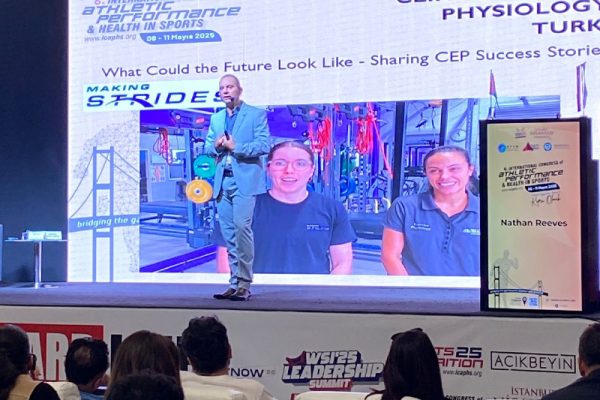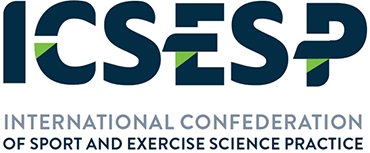CPD and Event opportunities
Professional Development Opportunities


CPD Opportunities, Live online events
Are phytochemical supplements useful for recovery or do they interfere with exercise-induced adaptations?
Tuesday, 2 September 2025 10:00 - 11:00 BST
Online
In association with
CASES


CPD Opportunities, Live online events
Exploring What’s possible with HAL Exoskeleton Webinar
Friday, 4 July 2025 09:00am - 10:30am AEST
Online
In association with
ESSA


CPD Opportunities, Live online events
Science of Transgender Athletes Webinar
Thursday, 3 July 2025. 9:00am - 10:30am AEST
Online
In association with
ESSA


CPD Opportunities, Live online events
AES Case Study: Corporate Health
Tuesday, 1 July 2025 12:30pm - 2:00pm AEST
Online
In association with
ESSA


CPD Opportunities, Live online events
Exercise Adherence in Chronic Low Back Pain Webinar
Monday, 30 June 2025 1:00pm - 2:30pm AEST
Online
In association with
ESSA


Homepage Highlights, News

